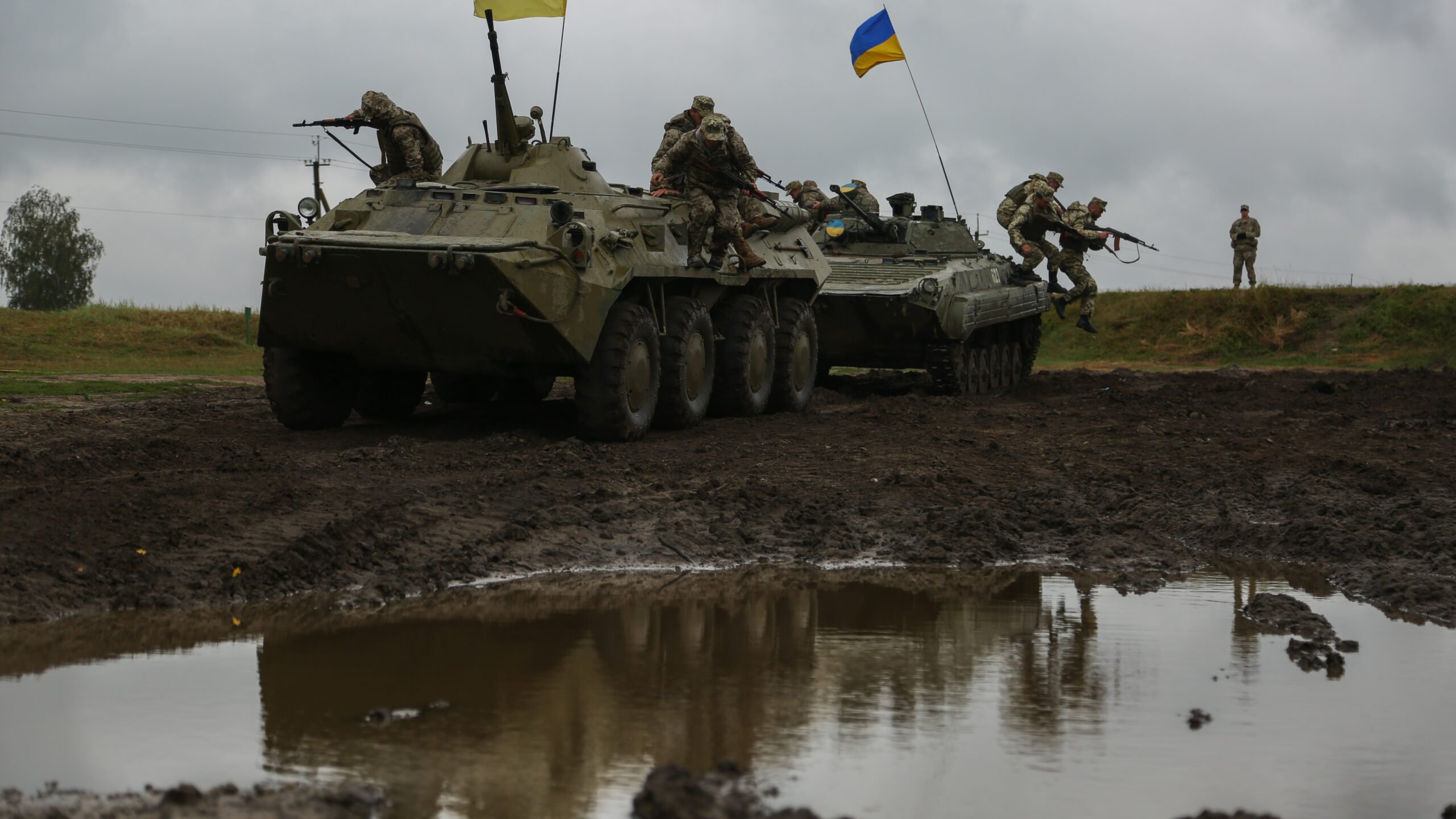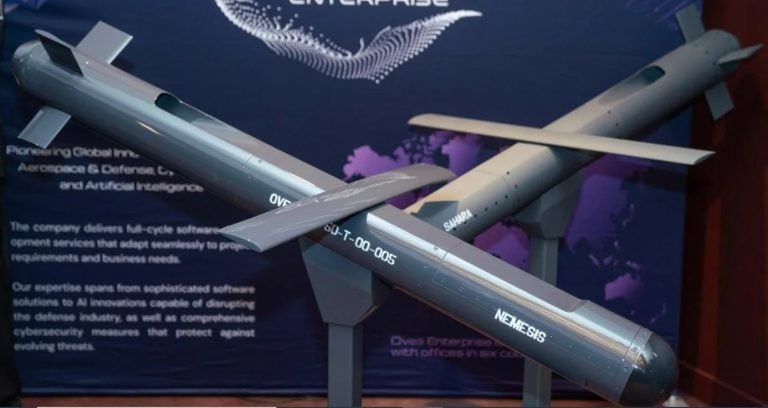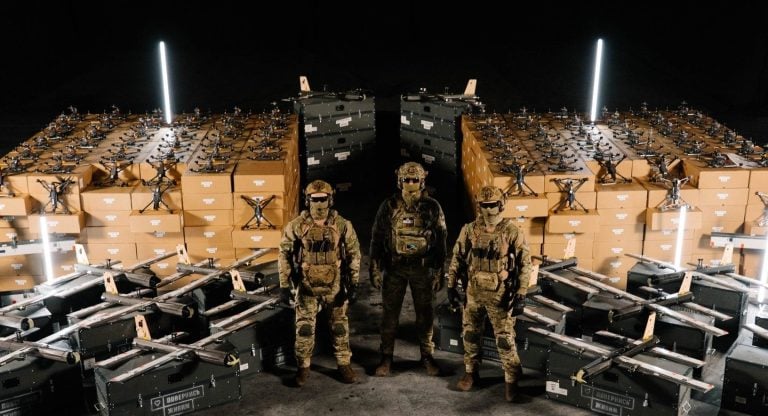In response to an increasing threat from Russian drone and missile strikes, Ukraine is taking significant measures to enhance the safety of its military personnel by relocating training centers further away from frontline areas. Commander-in-Chief of the Armed Forces Oleksandr Syrskyi emphasized the importance of this move to protect soldiers while ensuring that recruits are still able to receive comprehensive and high-quality combat training.
The decision comes on the heels of a series of attacks that have targeted military training facilities throughout the country. A notable incident earlier in May involved a strike on a shooting range in the Sumy region, and further attacks were recorded in the Dnipropetrovsk and Poltava regions in June. Most alarmingly, a mid-September assault saw two Iskander ballistic missiles hit a Ukrainian Ground Forces training site, resulting in casualties and underscoring the urgent need for relocation.
“They are moving further as deep as the country as far as possible from the frontline,” Syrskyi elaborated, indicating that the primary objective is to maintain high training standards even in these more remote locations.
During a recent monthly meeting that focused on troop training and military facility operations, Syrskyi outlined ongoing improvements to the training system aimed at better equipping soldiers for modern combat scenarios. The Basic Combat Training Program has been expanded to 51 days, now incorporating a specialized course on anti-drone combat, among other modern warfare elements.
In addition to these upgrades, the military is also reviewing the management of training centers to enhance their operational efficiency and prepare them for the upcoming winter season. Syrskyi highlighted the importance of constructive discussions aimed at refining the quality of training, optimizing the organizational structure of training centers, and effectively deploying Basic Combat Training Programs within mechanized brigades.
“It is important to fully realize the potential of educational centers. We continue this important work,” he stated, reflecting a commitment to not only protect soldiers but to ensure they are well-prepared for the complexities of contemporary conflict.







